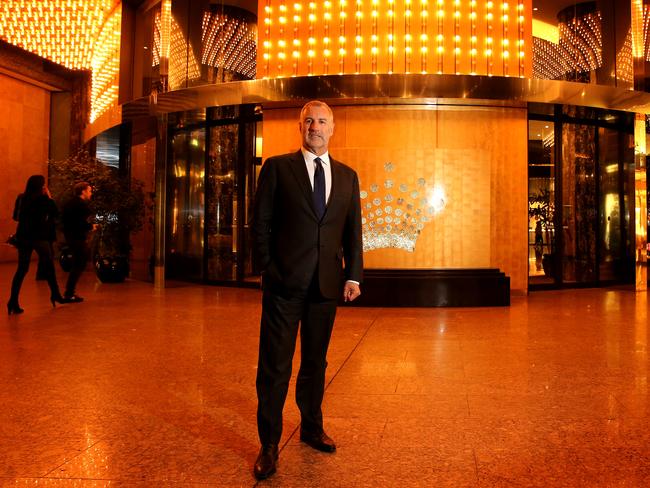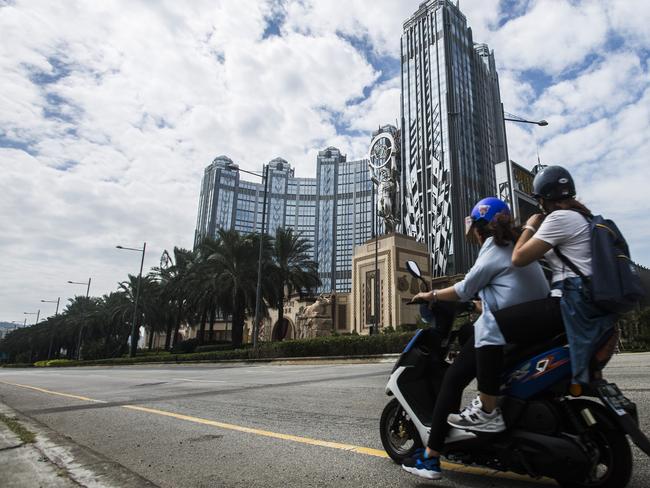Australian businesses in China increase vigilance
AUSTRALIAN businesses in China are expected to increase their vigilance after a raid on Crown Resorts saw three Australians detained.

AUSTRALIAN businesses in China are expected to increase their vigilance in the key the areas of compliance and risk management in the wake of the raid on Crown Resorts that has seen three Australians detained.
There are now well over 100 Australians in jail or under arrest in China, a figure which has more than doubled in the past five years. The latest statistics from the Department of Foreign Affairs and Trade for 2014-2105 showed 103 Australians were arrested and 56 Australians were prisoners in mainland China in 2014-15.

While a specific anti-gambling campaign, Operation Chain Break, has been underway since February, 2015, Beijing’s broader anti-corruption campaign has caught up business people across China in a range of sectors including oil, mining, financial markets and retail.
Many Australian businesses entering the Chinese market partner with local business people many of whom have strong Communist Party connections and employ local staff used to operating in China’s looser business environment and most are aware of the risks involved.
“The 2016 Australian International Business Survey found that China and the US were the two most important markets,” said Professor James Laurenceson, deputy director of the Australia China Research Institute at the University of Technology Sydney.
“The main motivation for engaging with China was strong growth and profit opportunities. That hasn’t changed for Australian businesses as a whole so I imagine the attraction to China will remain.
“The survey also shows that “Understanding market compliance and risk” was the most important consideration for companies that were engaged with China, nominated by 84 per cent of respondents.

“For the 16 per cent that didn’t nominate it as important, I imagine they will after the Crown case.”
Crown chairman Rob Rankin admitted that the company, which does not have offices in mainland China, would eventually need to review what went wrong with Crown’s governance.
“We are proud over many years of this company’s compliance track record,” Mr Rankin said.
“Now is not the time and the place to comment on the specifics of this particular incident ... but there will be a day when we should and will.”
Crown kept a low profile in Shanghai were most of its staff appear to have been based, not engaging with the local Australian Chamber of Commerce which declined to make any comment on the case.
China imposed restrictions on its citizens entering Macau in 2013 to once every three months which began to affect the city’s casino revenues the following year, After reaching a peak of $45 billion in 2013 the sector in Macau experienced its first dip in 2014 falling 2.2 per cent, a slide that turned into a plunge in 2015 when revenues fell by 34.5 per cent. They fell a further 18 per cent for the first six months of 2016 but the last two months have seen revenues finally appear to stabilise with a 1.1 per cent rise in August snapping a 26 month losing streak.



